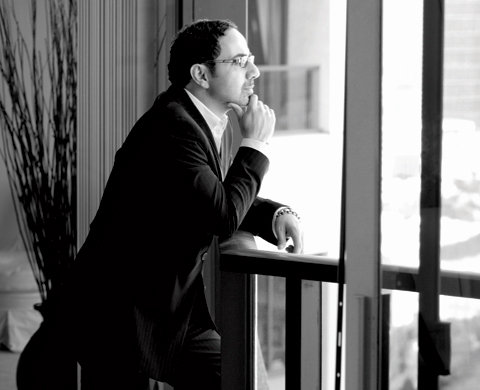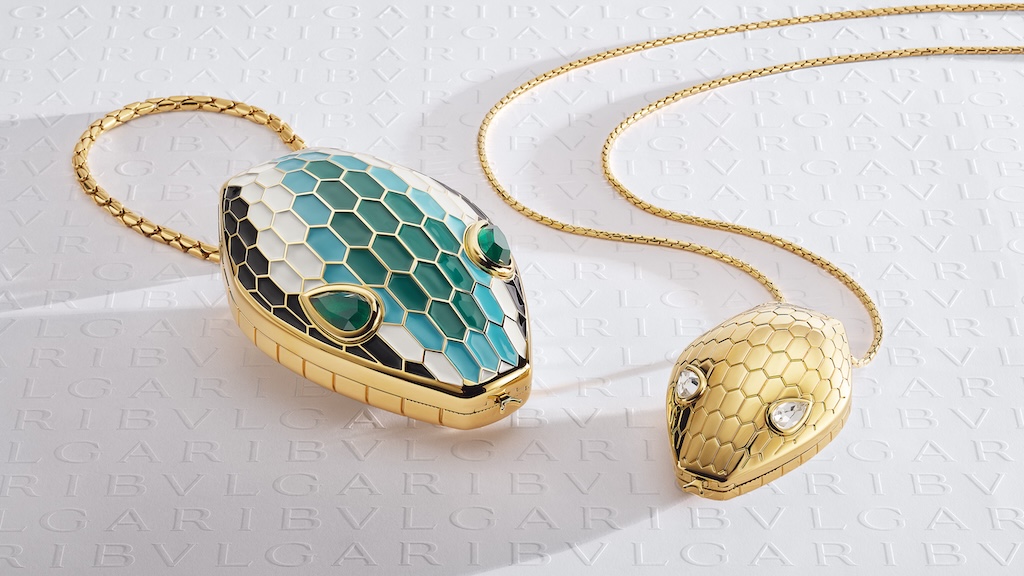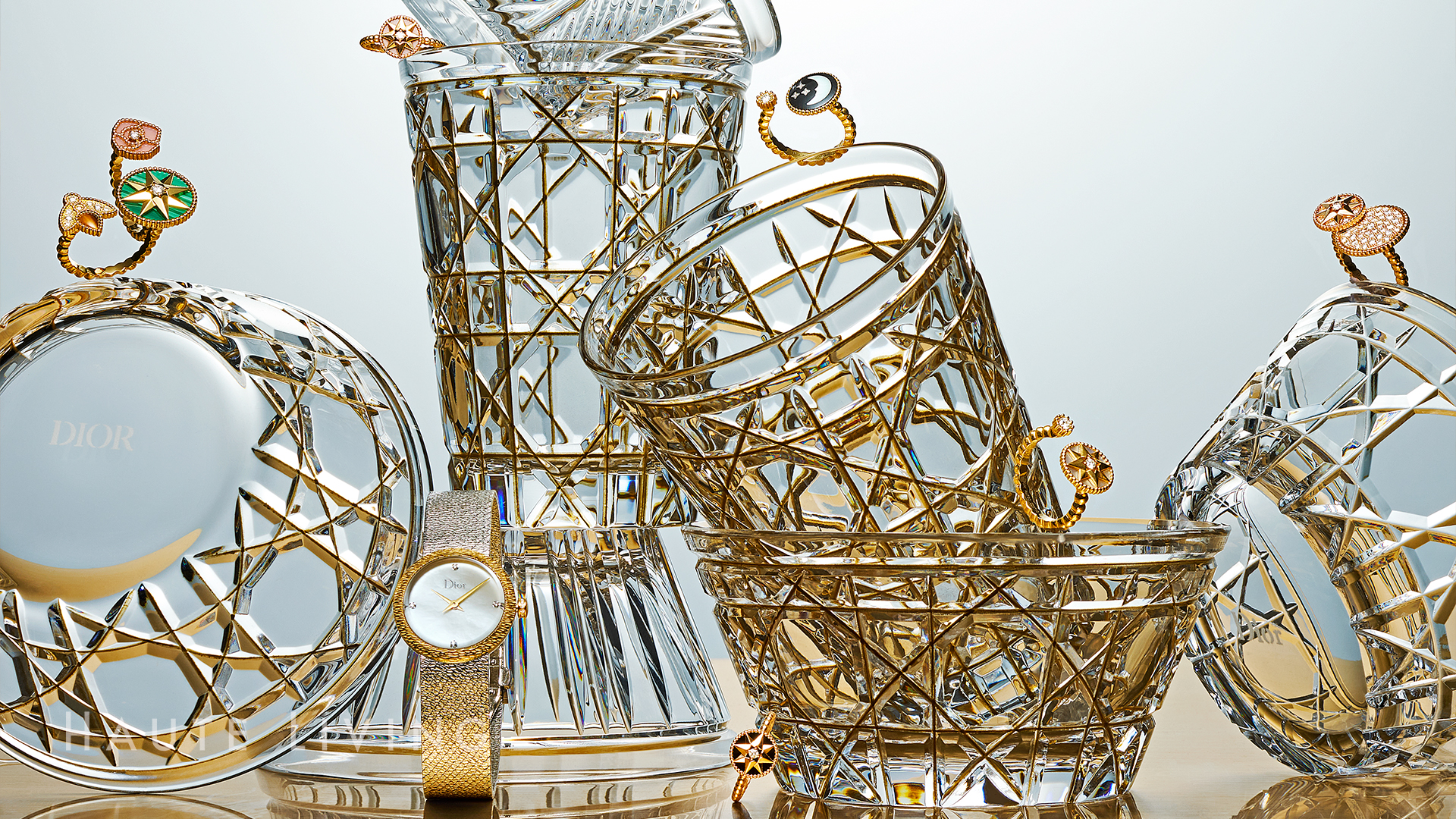A Surgeon Speaks Out: David M. Amron
By Christina Bohnstengel
David M. Amron, M.D. has a highly respected, 15-year background at the forefront of cosmetic surgery in Tinseltown, but he is not afraid to voice his concerns and raise awareness about what he sees as progressively more concerning trends occurring in the industry.

In the previous issue of Haute Living Los Angeles, we introduced Dr. David Amron, one of the leading dermatologic surgeons in Beverly Hills. As an expert in liposculpture, he specializes in revision surgeries, dedicating nearly half of his practice to mending the mistakes left behind by other surgeons. In this issue, we are speaking to the good doctor once again, this time discussing fads in cosmetic surgery and why he is seeking to make integrity the “haute” new trend in Beverly Hills.
“I strongly encourage getting back to the basics of good doctoring,” says the Beverly Hills native, who regularly appears on Entertainment Tonight, Discovery Health, and BBC America. He is taking advantage of his public persona to promote his platform of honesty in the industry and to speak out against techniques and business practices that are less than honorable. “I am growing more concerned and upset with what I see as a lack of integrity among many surgeons and companies. Everyday I notice more gimmicks and deceptive marketing tools being used to sell procedures to patients who may not necessarily be the best candidates. This is not authentic to the foundation of medicine,” he says, explaining that he wants to educate patients in order for them to be able to cut through the aggressive, deceitful, hyped-up marketing that is so pervasive.
Among his chief concerns are the way the market has recently been flooded with new equipment. “I’ve counted about 40 or 50 new machines that have entered the marketplace in the last few years,” says Dr. Amron, explaining that there can be a plethora of different names for liposuction technologies, but at the end of the day, it is still liposculpting, regardless of what tool is being used. The promises of the newer technologies, which fall into two categories of either laser-assisted liposuction such as Smart Lipo, or ultrasonic liposuction such as Vaser, are alarming to Amron because it means that patients are trusting the machine instead of the doctor. He cites the example of an artist with a paintbrush. “The brush is not the important thing. It’s the skills, eyes, artistry, and judgment of the artist,” he says. “Think about it: are painters that much better today than Rembrandt was hundreds of years ago just because there are better paintbrushes out there? Cosmetic surgery is very much like that.”
[highlight_text] It should be about providing outstanding service and being truthful about who is a really good candidate for each particular procedure. [/highlight_text]
Amron explains that on a weekly basis he receives mailers from companies wanting to sell liposuction machines, portraying how easy it is to incorporate this lucrative procedure into a practice. “Recently I attended one of their promotional sales workshops,” he says, “and it began by talking about how much money there was in liposuction. There were about 50 doctors there, half of whom had never done liposuction. Yet the company was wanting to sell the machines to them and trying to represent how easy it is to get results. I found this very disconcerting. Well-done liposuction is not easy, and there is no substitute for experience and expertise,” he says.
His technique for achieving optimum surgical results includes something that you can’t get from a machine: the sensation of touch, which he uses as a guide during surgery. As one who considers himself an artist and a perfectionist, Amron believes that successful liposculpture results must originate in the hands of the surgeon, not a machine. Just as a sculptor molds the clay, working the materials through his fingers, using sight and touch to formulate the art, a surgeon’s hands and eyes are essential to the look, shape, and feel of the final product. “The foundation of successful liposculpture involves an eye for detail, perfect technique, and the judgment call of a meticulous surgeon. It is a tactile procedure, so I am not interested in just melting fat away. I must be able to feel exactly how much I am bringing the areas down,” he explains, referring to the ever-prevalent advertising campaigns that boast grand claims of instantly liquefying or melting away fat. “I don’t want to melt as much fat as possible, as quickly as possible. If you melt too much the patient will end up with permanent problems. Being overly aggressive is a naive approach to liposuction and is the worst mistake that can be made.” The claims that only the new technologies tighten saggy skin infuriate him as well. “It is a very alluring and seductive marketing tactic because liposuction, when done properly, actually does tighten your skin, and a good surgeon knows how to make that happen,” he says. “Some of these surgeons who are overly aggressive and melt as much fat as possible actually end up producing some of the biggest disasters that I’ve seen.”
With 15 years of perfecting his technique, Amron has honed his skills to such a degree that he is now the go-to guru for revision work, with close to 40 percent of his patients seeking out his expertise to repair the damage and mistakes from other surgeons, many of whom turned their hopes over to a piece of equipment.
The allure of nonsurgical liposuction procedures is an equally concerning trend to Dr. Amron, though in a different way. “With laser-assisted or ultrasonic liposuction in the wrong hands, the patient can end up with serious, sometimes permanent physical deformities. Nonsurgical liposuction is not necessarily going to cause disfigurement, but in financial terms, it can just be a waste of money.” He strongly believes that certain media outlets do a huge disservice representing and promoting the mentality that just because a new technology is making headlines means that it is going to guarantee a better result. “Television and beauty magazines love to hype up what is new. But many times, the same programs or stations that hyped the new trends a year or two ago are now covering the complications from them,” he says, citing the example of the non-FDA-approved injections to melt fat known as mesotherapy or Lipodissolve. Additionally, let’s not forget how the reality television makeover shows contribute to trivializing cosmetic surgery.
Another concern is price-driven marketing. “We all like a good deal,” he says, “but this is not like buying a washer and dryer. Although my fees are extremely fair, I never advertise price because I don’t want to reinforce this mentality of shopping for cheap surgery. I would rather have a patient do their research and choose me because I am the best surgeon to give them the best result, and then see if the price is agreeable.”
In his fight against the various “liposeduction” techniques, Amron took to the airwaves, hosting a weekly radio show, in an effort to educate patients. Even though the focus of the hour was on liposuction, the deeper philosophical message of the show was to promote the basics of good doctoring, which always includes integrity, honesty, and service to the patient. “Lately I have found it to be very rewarding to speak out against things that bother me. The radio show was just one medium for that,” he says. “It was one hour each week that I could try to get patients to pay attention and teach them about the many different aspects of what to look for when considering cosmetic surgery. It was also the opportunity for me to voice my concerns about the many different trends taking over the industry such as the diffusion of accountability, and this business of marketing procedures, all of which are quite bothersome to me.” The diffusion of responsibility that he is referring to involves the increasing use of physician extenders, such as nurses, physicians’ assistants, and medical assistants. “I’ve heard of various surgeons who reportedly used PAs to actually perform part or most of a surgery. That is completely unacceptable to me,” he says. Another mistake is to allow the consultant or patient care coordinator to determine who is a good candidate for surgery. In this situation, many times the patient does not even meet the doctor until the day of surgery. Once again, bad practice.
He is also alarmed by the trend towards selling at all costs. The companies want to sell machines and the doctors want to sell procedures. “It should never be about selling and making money. It should be about providing outstanding service and being truthful about who is a really good candidate for each particular procedure. If I determine someone is not a good candidate, which I do for about 10 to 15 percent of the patients who come to me for a consultation, I take pride in the fact that I’ve been honest and educated them on why they are not a good candidate. But many doctors don’t approach it that way.” Which is why Dr. Amron is emphatic about patient education. “You really have to do your due diligence. You can’t always trust the referral of a friend or even of another doctor. Spend the time learning and becoming familiar with different vocabularies and different approaches,” he advises. After the proper amount of research, Amron recommends consulting with three surgeons before making a final decision. “Really pay attention to the consultation and how complete the surgeon is being during that consultation. Do you feel like you’re being sold to or do you feel like you’re being guided and educated?”
Dr. Amron is leading by example in his efforts to bring integrity back into the business. “In life, you are either always trying to do the righteous thing or you are not. There is little in between.” He applies this same uncompromising philosophy of integrity and ideals to the other procedures that he performs, including Botox, fillers, and laser surgery. His guiding school of thought for a rewarding life and successful cosmetic surgical practice has proven fulfilling. “I think at the end of the day, the thing I love most about my work is that people place their trust in me and I am able to guide them in the right direction.”












